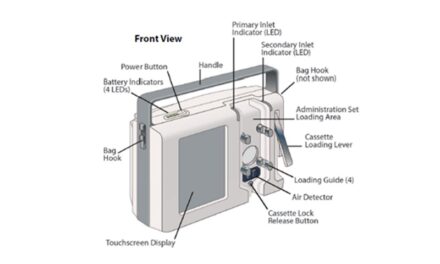The funding supports clinical validation of an AI-powered ultrasound system designed to provide real-time needle guidance for neuraxial anesthesia procedures.
RIVANNA, a medical technology developer based in Charlottesville, Va, has been awarded an $800,000 grant from the Virginia Catalyst Program to advance its Accuro 3S diagnostic ultrasound system. The grant, matched by an additional $1.6 million from undisclosed sources, will support the development of AI-driven features for guiding neuraxial anesthesia procedures.
The project aims to address challenges in delivering real-time needle guidance during neuraxial procedures. The Virginia Catalyst Award will specifically support the finalization and clinical validation of advanced product features integral to the performance of Accuro 3S.
The device’s Dual-Array ultrasound probe will work in concert with SpineNav-AI, RIVANNA’s proprietary machine learning algorithm, and the additional advanced product features developed in this effort to automate spinal landmark identification and facilitate continuous needle tracking.
Clinical Validation and Collaboration
RIVANNA is collaborating with the University of Virginia (UVA) and Virginia Commonwealth University (VCU) on the project. William Manson, MD, of UVA and David Evans, MD, FACEP, of VCU will lead clinical and integration studies to evaluate the platform’s readiness and usability to support clinical adoption. Commercialization of the Accuro 3S is expected to begin in late 2025.
“This collaborative initiative highlights the pivotal role of academic-industry partnerships in the advancement of next-generation medical technologies,” says Will Mauldin, PhD, chief executive officer at RIVANNA, in a release. “By integrating AI-enabled spinal landmark recognition with continuous needle tracking, we are developing a clinically meaningful innovation intended to enhance the precision and safety of neuraxial anesthesia.”
ID 131831327 © Zerbor | Dreamstime.com




